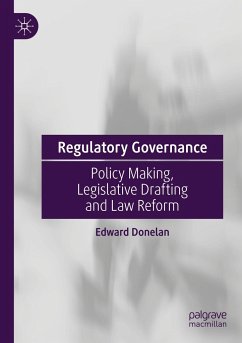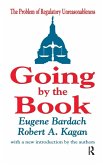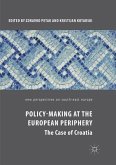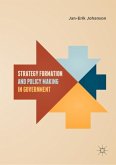This book describes how governments formulate policies, draft legislation, and manage stocks of legislation and how approaches to these tasks are converging. That convergence has developed over 30 years through the work by the OECD in its studies on regulatory reform and the work of other international organizations to improve regulatory management.
The Institutions of the European Union and its member states, OECD member countries and a growing number of developing and transitional countries have developed a policy best described as 'Better Regulation.' That policy is characterized using regulatory impact assessment, improving public consultation, and reducing administrative burdens. The policy has brought improvements in legislative drafting and managing stocks of legislation.
The book concludes with a description of the impact of information technology on governments and how the challenges posed by the Internet, globalization and pandemics are being met by new approaches to regulating to ensure its benefits exceed its costs.
The Institutions of the European Union and its member states, OECD member countries and a growing number of developing and transitional countries have developed a policy best described as 'Better Regulation.' That policy is characterized using regulatory impact assessment, improving public consultation, and reducing administrative burdens. The policy has brought improvements in legislative drafting and managing stocks of legislation.
The book concludes with a description of the impact of information technology on governments and how the challenges posed by the Internet, globalization and pandemics are being met by new approaches to regulating to ensure its benefits exceed its costs.








